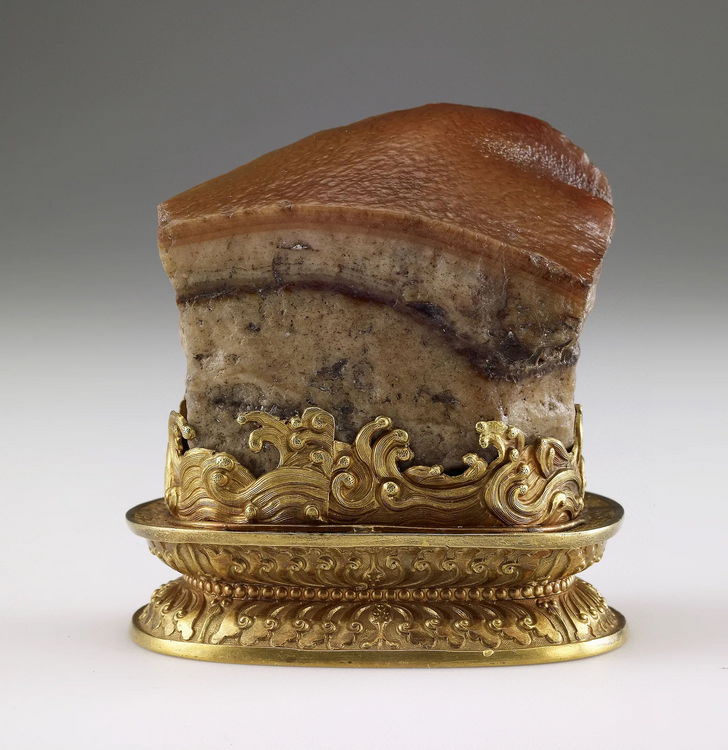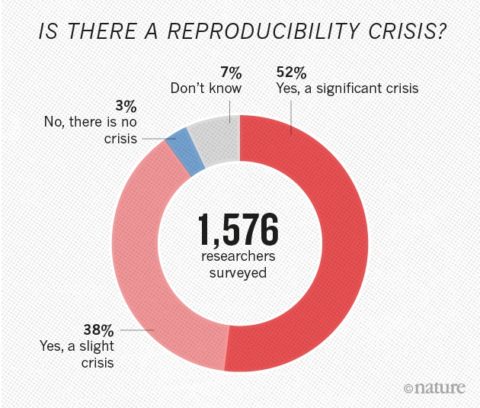One framing point: the Russians are fighting a conventional, industrial war, for real-world (economic, territorial and national-security) objectives. The Ukrainians are fighting a proxy information war — large-scale armed propaganda, if you will — where the primary purpose of battlefield action is to feed political-warfare objectives, and thereby maintain western support. Seen from Kyiv, the centre of gravity (the thing from which Ukraine draws its strength and freedom of action) is western support — making narrative (as seen from the west) central, while the media is enlisted as a conduit for narrative warfare. Hence, through a western media lens, what you’re seeing is carefully curated to influence rather than inform. (Nothing new here — I defer to the historians, but I think Paul Fussell made this point about World War Two. Ask yourself when was the last time you saw a dead Ukrainian soldier, intact or otherwise.)
What that means is that battlefield defeats can be managed, as long as the narrative — the core of the war, as western sponsors see it and as the Ukrainians therefore are forced to see it — can be maintained. What’s causing the current crisis is not so much the death, destruction or loss of territory (though those are real). It’s that the mismatch between rhetoric and reality has finally reached the point that people are noticing.
[…]
Ukraine has been at war with Russia in some fashion since 2013, with violence first spiking into the open in February 2014. The Ukrainians call the 2014-2022 period the Anti-Terrorist Operation (ATO) but it involved fairly heavy fighting — against Russian-backed separatist militias in the east, and internal to Ukraine among various factions including, yes, the Banderite nationalists (“neo-Nazis”) beloved of Russian media and Canadian parliamentarians alike, though they’re less prominent now (mainly because a lot of them are dead).
We should also note how this arose — first Russia and the U.S. forcing Ukraine to give up its nukes in 1994, then NATO expansion after Bosnia, and (publicly acknowledged) US interference in Russia’s 1996 election to ensure Boris Yeltsin got re-elected, creating a sense of threat in Moscow. Then Kosovo 1999, Bush and Putin’s failed attempt to make nice after 9/11, Estonia, Georgia, the Reset Button of 2009 and betrayal over Libya in 2011. (Hillary promised no ground troops or regime change, persuading then-president Dmitry Medvedev to abstain on the UN Security Council Resolution that authorised the intervention, only to renege on all counts then laugh on live TV when she found out Gaddafi had just been sodomised to death with a bayonet).
All of which infuriated the Kremlin, and confirmed the West was not “agreement-capable” (they have euphemisms in Moscow too) leading them to intervene in Syria to support the Assad regime. Then came the Ghouta gas attack of September 2013 — in which Obama failed to enforce his own Red Line, and John Kerry had to beg Sergey Lavrov (Russian foreign minister) to save us from the consequences of our own weakness … which convinced Russian leaders we were not only threatening and untrustworthy, but also weak. More great work there.
Russia’s seizure of Crimea followed, four months after the red-line debacle. It was clearly a result of Russian hatred and contempt. (Oderint dum metuant — the hatred was long-standing; what was new was the realisation, after Ghouta, that they had nothing to fear). Crimea was also a reaction to a US-backed revolution in Ukraine (Euromaidan), and the operation’s popularity should have made it clear that Ukraine is seen by Russians, of all political orientations, as integral to their identity, along with Belarus. No Russian politician could tolerate western advisers or weapons in Ukraine … which was the policy pursued after 2014. (There’s a chicken-and-egg security dilemma here. The west was reacting to perceived aggression from Russia, which was reacting to perceived western aggression. Both sides saw themselves as innocently defensive, and the other as aggressive.) [NR: Emphasis mine.]
Putin, by Russian standards, is a relative moderate on Ukraine — he frequently gets panned by war bloggers, retired generals and divers chickenhawks for being soft on the west, not prosecuting the war hard enough. If the neocons got their way and he was regime-changed, his replacement would likely be far worse for their interests — someone like, say, Nikolai Patrushev. Putin gets painted as Hitler in the media, but this is an artefact of the Alinskyite approach American political/media players take to any conflict: first freeze the target (no negotiation is possible) then personalise the enemy via an individual leader (Bin Laden, Mullah Omar, Saddam, Gaddafi, Kim etc), then paint that leader as irrational and evil (without limits, restraints or goals except to be evil). From that point, it’s good versus evil, any means necessary, war as moral imperative. Putin is the latest foreigner to get this treatment, Trump the latest domestic equivalent. Trump’s greatest foreign policy crime, in fact, may have been his willingness to treat Putin, Kim, Xi, MBS etc. as rational actors worthy of respect (for Trump values of “respect”) rather than moral pariahs. This has hilarious consequences when people previously given the pariah treatment (Maduro, MBS, the Taliban) need to be rehabilitated via creative retconning so the narrative can keep rolling.
Anyway, from 2014 to 2022 the war was pretty static, with a few bigger battles (Debaltsevo the main one), artillery exchanges and trench warfare: a foreshadowing of how things are today, though without the massive tech acceleration we’ve seen since February 2022, and far fewer casualties.
Trump’s people have suggested Putin was frightened of him, which is why Russia didn’t invade during Trump’s term. There may be some truth to that (Trump after all reversed Obama’s prohibition on lethal aid) but it’s more likely the Russians just saw Trump as dangerously unpredictable, a decision-maker who never fully controlled his own government, especially on Ukraine (see Impeachment #1). The Russian way of war involves predicting an adversary’s reaction to provocation, then doing just enough, ambiguously enough, to achieve a fait accompli without triggering a response. This goes back to Trotsky and Tukhachevsky in the 1920s, but when your adversary is Trump, it becomes impossible to predict the trigger or the reaction if you piss him off. (Qasim Soleimani says hi). There was also one particular battle in Syria in February 2018 where US SOF killed some large number of Wagner guys by refusing to play their little games, and when the Russians complained Trump basically said it served them right.
Once Trump was gone — with Washington in disarray after January 6th — the Russians sensed an opportunity, and began building up around the Ukrainian border from April 2021. Then in August, when we covered ourselves in glory during the Great Kabul Pants-Shitting, the Russians probably thought they had the measure of Biden — who they knew of old — and decided we were so flaccid they’d get away with a lightning move against Kyiv, “Crimea 2014 on steroids”. (PS: when neocons start overtly asserting, in their in-house journal, that “the Afghan withdrawal did not trigger the Ukraine invasion” you know it’s true — even if the Russians hadn’t already said as much, in as many words.)
So, the Russians tried Crimea on Steroids in February 2022 — and their plan failed by breakfast on D Day, triggering the protracted war of attrition we have now. The reasons were partly bad luck for the leading Russian air-assault units attempting to seize the airfield at Hostomel outside Kyiv, partly good initiative by U.S. and U.K. trained Ukrainian SOF and territorial defence guys, partly over-compartmentalisation on the Russian side — key players were kept out of the loop for OPSEC reasons, and the invasion was mostly planned by political hacks with limited military understanding. (Why should we have the monopoly on that?) This video is a decent open-source account of that happened.















